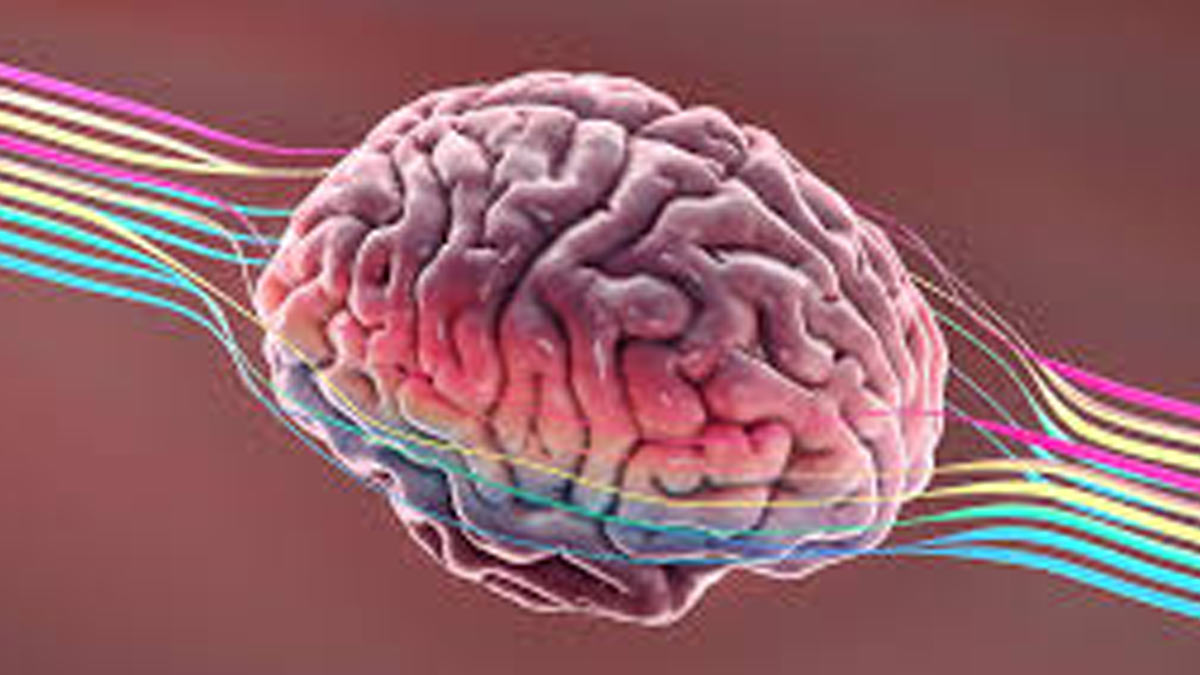
In recent years, a new wellness trend has emerged in the self-improvement community: dopamine fasting. This practice claims to offer a “brain reset” that can enhance focus, creativity, and overall well-being. But is dopamine fasting truly beneficial, or is it just another fleeting wellness fad? This article will delve into the origins, principles, advantages, drawbacks, and scientific basis of dopamine fasting, enabling you to make an informed decision about whether to embrace this trend.
Table of Content:-
What Is Dopamine Fasting?
Dopamine fasting refers to a practice where individuals intentionally abstain from various pleasurable activities and stimuli to "reset" their brain's reward system. The concept revolves around limiting exposure to high-stimulation activities, such as social media, junk food, video games, and even certain social interactions. Proponents of this approach suggest that reducing these sources of instant gratification can help lower dopamine levels, allowing the brain to recalibrate its response to pleasure and reward.
The term gained traction, particularly within the tech community of Silicon Valley, where entrepreneurs sought ways to enhance productivity and creativity. By eschewing these stimulating activities, advocates believe that individuals can cultivate a deeper appreciation for simpler experiences, ultimately leading to improved focus and motivation.

Understanding Dopamine: The Science Behind the Concept
To grasp the premise of dopamine fasting, it’s vital to understand dopamine's role in the brain. As a neurotransmitter, dopamine is instrumental in the brain's reward circuitry, influencing feelings of pleasure, motivation, and the reinforcement of rewarding behaviours. Engaging in enjoyable activities—such as eating, exercising, or receiving praise—leads to increased dopamine levels, which foster a sense of satisfaction and encourage the repetition of those activities.
In today’s hyper-connected world, constant exposure to stimulating activities can result in what some experts term "dopamine overload." This incessant bombardment makes it challenging to derive pleasure from everyday activities, compelling individuals to seek out ever-more intense stimuli to attain the same feelings of satisfaction.
Also Read: ARFID: The Eating Disorder That Triggers Fear of Food—Causes and Symptoms Revealed
The concept of dopamine fasting traces its roots back to the 2010s, notably championed by Dr. Cameron Sepah, a clinical psychologist. He proposed the idea of temporarily abstaining from pleasurable activities as a means to better manage behaviours and enhance mental health. The concept gained further momentum through social media, with more individuals exploring dopamine fasting as a means of self-improvement.
Potential Benefits of Dopamine Fasting
Dopamine fasting is said to offer various benefits, including:
Enhanced Focus and Productivity
By minimizing distractions and overstimulation, practitioners may find it easier to concentrate on tasks that require deep focus. The absence of instant gratification encourages the development of patience and self-discipline.
Greater Appreciation for Simplicity
Taking a break from high-stimulation activities can cultivate a renewed enjoyment of everyday experiences, such as reading a book, spending time in nature, or engaging in meaningful conversations.
Also Read: Neetu Kapoor Shares Her Secret To Glowing Skin at 66 With A South Indian Probiotic Recipe
Improved Mental Clarity
Some advocates claim that this fasting can lead to clearer thinking and heightened creativity, as a less cluttered mind is better able to process information and generate new ideas.
Behavioral Reset
For individuals grappling with compulsive behaviours—such as excessive screen time or unhealthy eating habits—dopamine fasting may serve as a structured method to reset those habits and promote healthier choices.
Drawbacks and Criticisms of Dopamine Fasting
Despite its potential advantages, dopamine fasting has not been without controversy and criticism:
Oversimplification of Dopamine's Role
Critics argue that the notion oversimplifies the complex role of dopamine in the brain. Dopamine is not solely associated with pleasure; it also influences learning, movement, and emotional regulation. Therefore, the idea that reducing dopamine levels can lead to well-being may be misleading.
Limited Scientific Evidence
While anecdotal accounts from practitioners abound, there is a lack of empirical research supporting the long-term efficacy of dopamine fasting. Much of the existing literature focuses on the effects of specific behaviours—like screen time and social media usage—rather than the broader concept of dopamine fasting itself.
Risk of Negative Effects
For some individuals, completely abstaining from pleasurable activities might heighten anxiety, irritability, and feelings of deprivation, particularly if the practice is not approached mindfully.
Sustainability Concerns
For many, the rigid structure of dopamine fasting may prove unsustainable over time. Striking a balance between engaging in pleasurable activities and avoiding overstimulation might offer more sustainable benefits than complete avoidance.
Bottomline: To Fast or Not to Fast?
Dopamine fasting presents an intriguing approach to recalibrating one's relationship with pleasure and reward. While it may offer benefits such as enhanced focus, greater appreciation for simplicity, and a behavioural reset, it also comes with potential drawbacks and criticisms that warrant careful consideration. As with any trend, it is essential to evaluate whether this practice aligns with your lifestyle and mental health needs. In the end, finding a balanced approach to managing dopamine-inducing activities might be the key to sustainable well-being, rather than strict abstinence.
Also watch this video
How we keep this article up to date:
We work with experts and keep a close eye on the latest in health and wellness. Whenever there is a new research or helpful information, we update our articles with accurate and useful advice.
Current Version